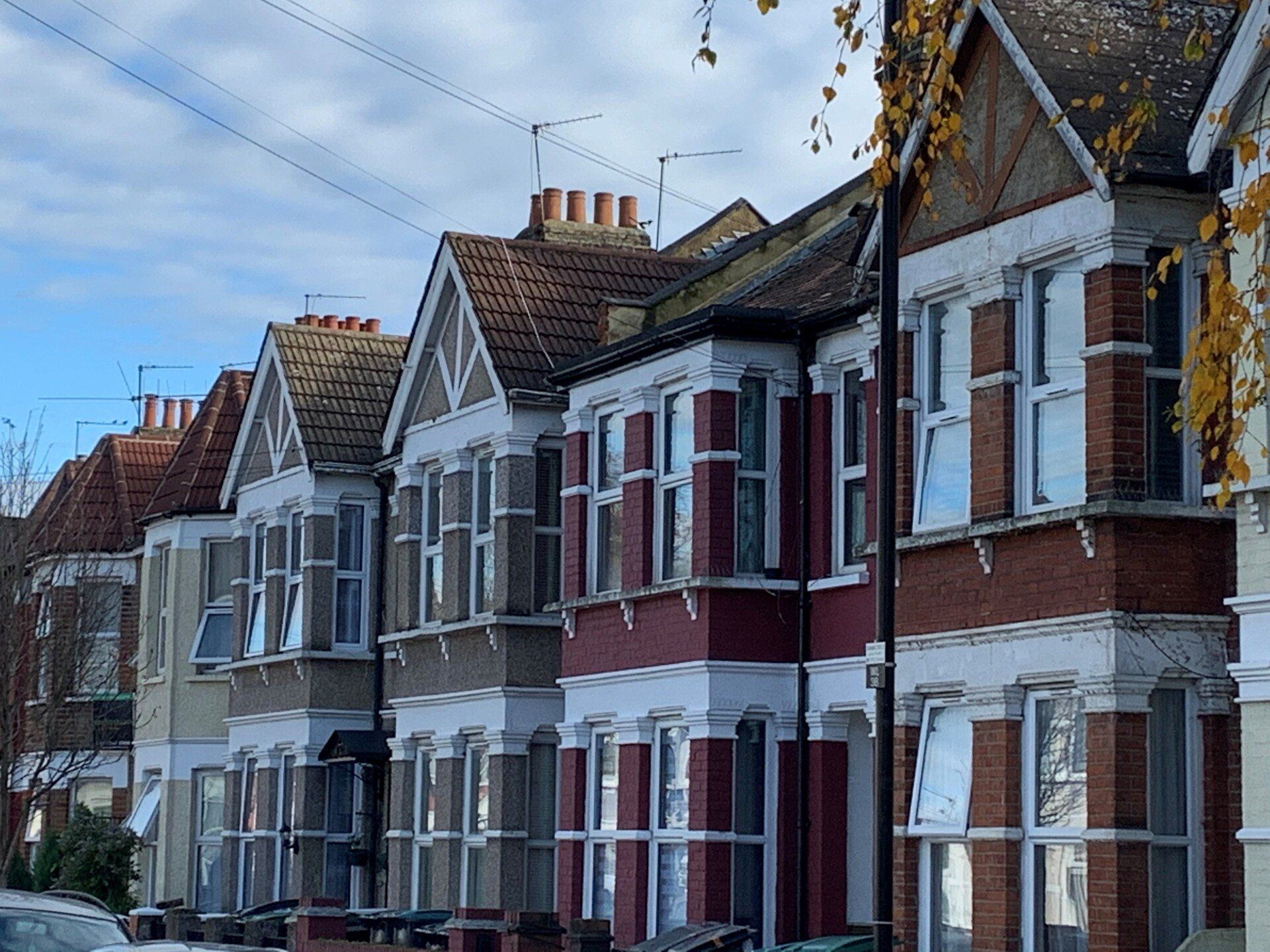Do I Need to Serve a Party Wall Notice or Can I Ignore the Party Wall etc. Act 1996?
When planning a home improvement project, whether it’s a loft conversion, rear extension, or basement excavation, the last thing many homeowners want to think about is legal paperwork. One of the most misunderstood aspects of UK property law is the Party Wall etc. Act 1996. A common question is: “Do I really need to serve a Party Wall Notice, or can I just go ahead with the work?”
The short answer? Yes, you do need to serve notice if your project falls under the scope of the Act and ignoring it can lead to costly delays, legal disputes, and even stop-work injunctions.
In this comprehensive blog, we’ll explain:
- What the Party Wall etc. Act 1996 covers
- When you’re legally required to serve notice
- The risks of ignoring the Act
- How to stay compliant without unnecessary stress
What is the Party Wall etc. Act 1996?
The Party Wall etc. Act 1996 is a piece of UK legislation designed to help prevent and resolve disputes between neighbours when certain types of building work affect shared walls, boundaries, or nearby structures.
The Act applies in England and Wales and gives both parties, the building owner and the adjoining owner — legal rights and responsibilities to ensure building work is safe, respectful, and properly managed.
When Does the Act Apply?
You are legally required to serve a Party Wall Notice if your proposed works fall into one or more of the following categories:
1. Works Directly to a Party Wall or Structure
- Cutting into a party wall (e.g., to insert a steel beam)
- Raising, thickening, or rebuilding a party wall
- Demolishing and rebuilding part of a party wall
- Removing chimney breasts that are attached to the party wall
2. Construction on the Line of Junction (Boundary Line)
- Building a new wall up to or astride the boundary between properties
3. Excavation Near a Neighbour’s Property
- Digging within 3 metres of a neighbouring structure to a depth lower than their foundations
- Excavating within 6 metres if using deep foundations (e.g., for basements or piling)
If your work does not meet any of these conditions, the Act does not apply, and you don’t need to serve notice.
However, it’s always wise to consult with a party wall surveyor if you're unsure misinterpreting the rules can be a costly mistake.
Can I Ignore the Party Wall Act?
No — not if your project triggers it. The Party Wall etc. Act 1996 is legally enforceable, and you’re obliged by law to serve notice to affected neighbours before work begins.
Failing to do so can result in:
1. Injunctions to Stop Work
Your neighbour can apply to the court for an injunction — an immediate legal order that halts all construction work until the matter is resolved. This can delay your project by weeks or months.
2. Court Orders and Legal Costs
If you proceed without notice and cause damage, your neighbour may take you to court. You could be ordered to:
- Pay for repairs and compensation
- Cover your neighbour’s legal fees
- Re-do unauthorised work
3. Damage Disputes Without Protection
Without a formal Schedule of Condition (prepared during the party wall process), it’s difficult to prove whether any cracks or issues were pre-existing. This weakens your defence if damage claims arise.
4. Strained Neighbour Relationships
Building projects are disruptive by nature. Ignoring your neighbour’s legal rights often leads to conflict, complaints, and bad blood, even after the dust settles.
Serving a Party Wall Notice: How Does It Work?
Here’s a step-by-step outline of how to comply with the Party Wall etc. Act:
Step 1: Identify the Type of Work
Determine if your project involves a party wall, boundary, or excavation that triggers the Act.
Step 2: Serve Written Notice
You must serve a written notice to your affected neighbour(s) at least:
- 2 months before starting work on a party wall
- 1 month before excavation work
Your notice must include:
- Your name and address
- Description and start date of the work
- Detailed plans or diagrams, if applicable
Step 3: Await Response
The neighbour (known as the “adjoining owner”) has 14 days to respond:
- Consent in writing = you may proceed after the waiting period
- Dissent or no reply = a party wall dispute is deemed to have arisen
Step 4: Appoint a Surveyor
If a dispute arises, both parties must appoint a party wall surveyor (or agree to one jointly) to resolve the matter and prepare a Party Wall Award.
This document outlines:
- What work can be done
- When and how it should happen
- Any safeguards for the neighbour’s property
Only after the award is agreed and served can the work begin legally.
What if My Neighbour is Difficult or Uncooperative?
You’re not at the mercy of their approval. The Act is designed to be fair to both sides. If your neighbour doesn’t respond, you still have the right to proceed, provided you follow the dispute resolution steps.
This means:
- Hiring a party wall surveyor
- Allowing them to inspect both properties
- Obtaining a party wall award before starting
This process ensures you remain compliant even if your neighbour is uncooperative.
Who Pays for the Party Wall Process?
Generally, the building owner (you) pays for:
- Drafting and serving the notice
- Surveyor’s fees (for both parties, in most cases)
- Any remedial works required due to damage
Think of it as part of your project budget — a relatively small cost compared to the price of legal disputes, stop-work orders, or property damage claims.
Benefits of Serving Notice and Complying with the Act
Complying with the Party Wall Act doesn’t just protect your neighbour — it protects you and your investment.
Key advantages:
- Avoids legal trouble
- Ensures a smoother construction process
- Reduces risk of costly damage disputes
- Protects neighbour relationships
- Strengthens your position if legal issues arise
It also shows due diligence and responsibility, which is important if you plan to sell the property in the future, many buyers (and their solicitors) check whether party wall agreements were in place for past works.
Conclusion: Serve Notice — Don’t Risk It
The Party Wall etc. Act 1996 isn’t optional when your project involves shared or neighbouring structures. Serving notice is a legal obligation, not just a neighbourly gesture.
By following the correct steps, involving qualified surveyors where needed, and maintaining open communication, you can avoid costly legal battles, project delays, and neighbour disputes.
So, before you break ground, serve that Party Wall Notice, it’s your best line of defence.
For more information about party wall surveyor call us at 020 3875 9279 or email us.










